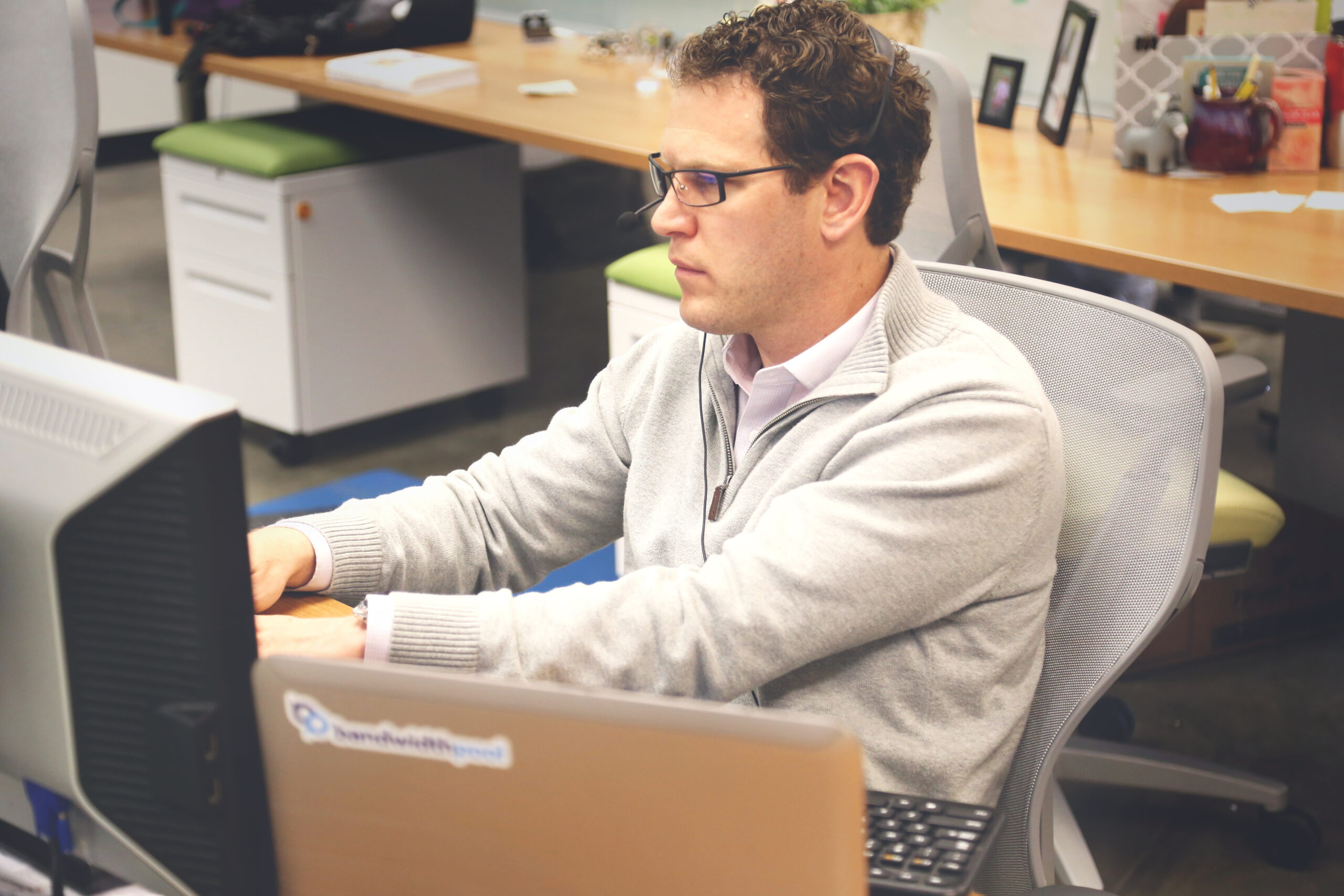Remote work has ushered in a new era of flexibility and adaptability for organizations worldwide. However, as we traverse these uncharted territories, ensuring the safety and well-being of remote teams has become a paramount concern. In the face of unprecedented global challenges, organizations must take proactive steps to fortify the virtual walls that protect their distributed workforce.
Understanding the Risks: Navigating the Volatility
Remote work introduces a unique set of challenges, from cybersecurity threats to the mental health impact of isolation. As organizations grapple with the volatility of these times, a comprehensive safety strategy involves a multi-faceted approach. Cybersecurity protocols, robust communication channels, and strategies to address employee well-being are integral components of this safety net.
Cybersecurity Vigilance: Shielding Against Digital Threats
The shift to remote work has expanded the attack surface for cyber threats. Organizations must invest in cutting-edge cybersecurity measures to safeguard sensitive data and maintain operational integrity. This includes secure communication channels, regular security training for remote employees, and the implementation of advanced threat detection systems.
Communication as a Lifeline: Fostering Connectivity
Effective communication is the cornerstone of a safe and cohesive remote work environment. Establishing clear communication channels, regular check-ins, and virtual collaboration tools help bridge the gap created by physical distance. Beyond project updates, fostering a culture of open communication ensures that employees feel supported and connected.
Prioritizing Mental Health: Nurturing the Human Element
Isolation and the blurring of work-life boundaries can take a toll on employees' mental well-being. Organizations should prioritize mental health initiatives, offering resources such as virtual counseling, mindfulness programs, and regular wellness check-ins. Recognizing and addressing the human element in the remote work equation is crucial for building a resilient and engaged workforce.
Latest posts by Tresha Moreland (see all)
- Recession 2008 Versus 2024: Lessons Learned and Key Workforce Differences - April 24, 2024
- Why Layoffs Fall Short: Embracing a Holistic Approach to Cost Savings - April 21, 2024
- Find Your Anchor In A Sea Of Fear - April 18, 2024













